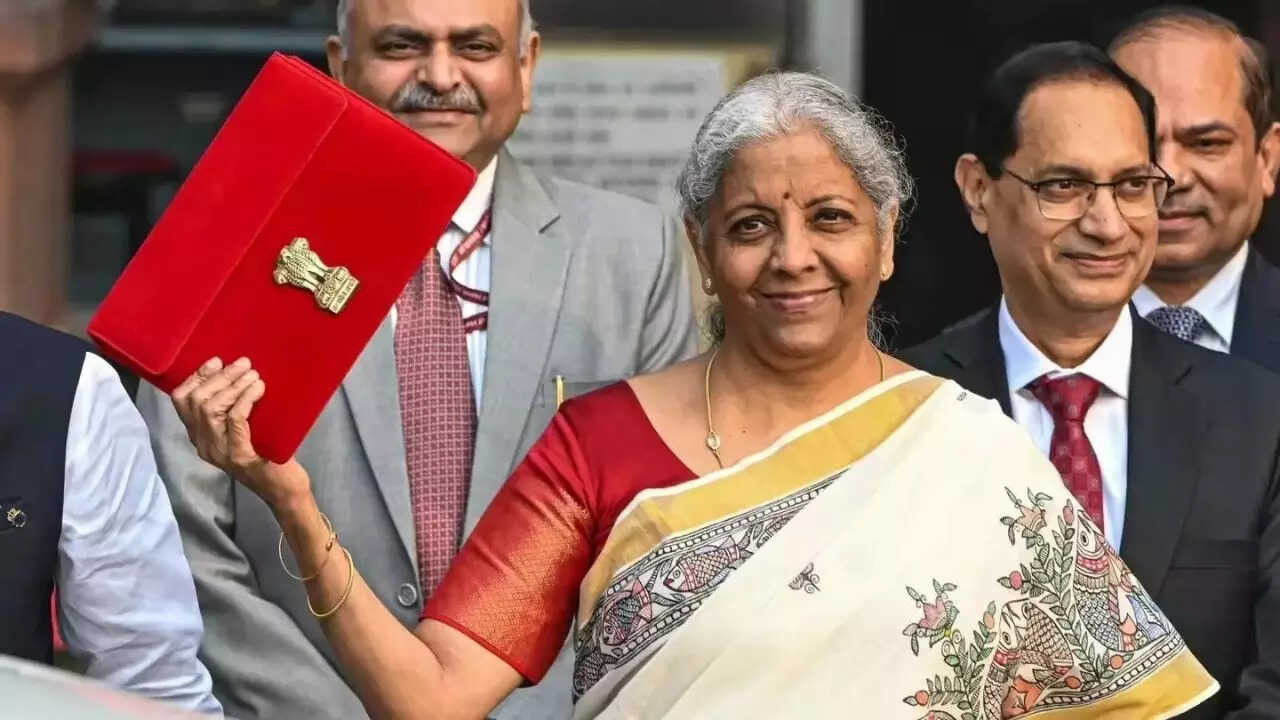Central government employees under the Unified Pension Scheme (UPS) will now receive retirement and death gratuity benefits, previously available under the Old Pension Scheme (OPS). This decision addresses a key demand from government workers, ensuring equal retirement benefits.
Beyond Just a Pension: Government Employees Get a Welcome Retirement Boost
For years, those enrolled in the Unified Pension Scheme (UPS) – primarily Central Government employees – have watched with a touch of envy as colleagues under the older pension system received a lump sum retirement or death gratuity. It always felt a little…unfair, didn’t it? Like missing out on a slice of the retirement pie.
Well, the good news is that the pie is now being sliced a little differently, and everyone gets a piece! The government has just announced that UPS subscribers are now eligible for both retirement and death gratuity benefits. This is a significant shift and, frankly, a long-overdue one.
Let’s unpack what this actually means for those affected.
Imagine working diligently for the government for decades. You contribute regularly to your pension, planning for a comfortable retirement. Then, the day arrives. You hang up your boots, say goodbye to your colleagues, and step into the next chapter. Previously, under UPS, you were primarily reliant on your accumulated pension amount. Now, you also receive a gratuity – a lump sum payment that acts as a financial cushion to ease the transition into retirement. It’s a bit like a “thank you” for your service, delivered in a way that directly impacts your financial security.
And it’s not just about retirement. Life, as we all know, throws curveballs. The death gratuity component provides financial support to the family of a government employee in the unfortunate event of their passing while in service. This is a critical safety net, offering a much-needed financial buffer during an incredibly difficult time. It’s a gesture of care and acknowledgement of the employee’s contribution, ensuring that their family isn’t left to navigate grief and financial hardship simultaneously.
Think of it this way: it’s like adding another layer of protection to your financial well-being, both for yourself and your loved ones.
So, why the change? Well, the existing system had a perceived inequity. Those under the older, more established pension schemes received gratuity, while UPS subscribers didn’t. This created a sense of disparity, particularly amongst those performing similar roles and dedicating their careers to public service. This new directive levels the playing field, ensuring that all Central Government employees are afforded similar benefits regardless of which pension scheme they fall under.
Now, the details are important. The gratuity amount isn’t just pulled out of thin air. It’s calculated based on the employee’s basic pay and the length of their service. While the exact formula is laid out in government regulations, broadly speaking, the longer you’ve served, and the higher your basic pay, the larger the gratuity. This makes intuitive sense – it rewards dedication and recognizes the contribution made throughout a career.
This announcement also highlights the ongoing evolution of India’s pension landscape. The government is clearly attuned to the need for comprehensive social security and is actively working to refine existing systems. It’s a sign that they are listening to the concerns of employees and are committed to providing a more equitable and secure retirement future.
For those already subscribed to UPS, this is undoubtedly fantastic news. It provides an immediate boost to their retirement planning and offers increased peace of mind. For those considering government service, it strengthens the appeal of a career in the public sector, demonstrating a commitment to employee welfare and financial security.
Of course, with any policy change, there are always nuances to consider. It’s crucial for UPS subscribers to familiarize themselves with the specific details of the gratuity scheme – the calculation method, the eligibility criteria, and the process for claiming the benefit. Your HR department or the relevant government agency will be your best resource for understanding the specifics.
Ultimately, this change is a win-win. It provides enhanced financial security for government employees and reinforces the government’s commitment to a fair and equitable pension system. It’s a welcome step towards a more secure and dignified retirement for those who dedicate their lives to serving the nation. And that, quite frankly, is something worth celebrating. It shows that dedication and hard work are acknowledged and valued, not just in words, but with tangible financial support that makes a real difference.







